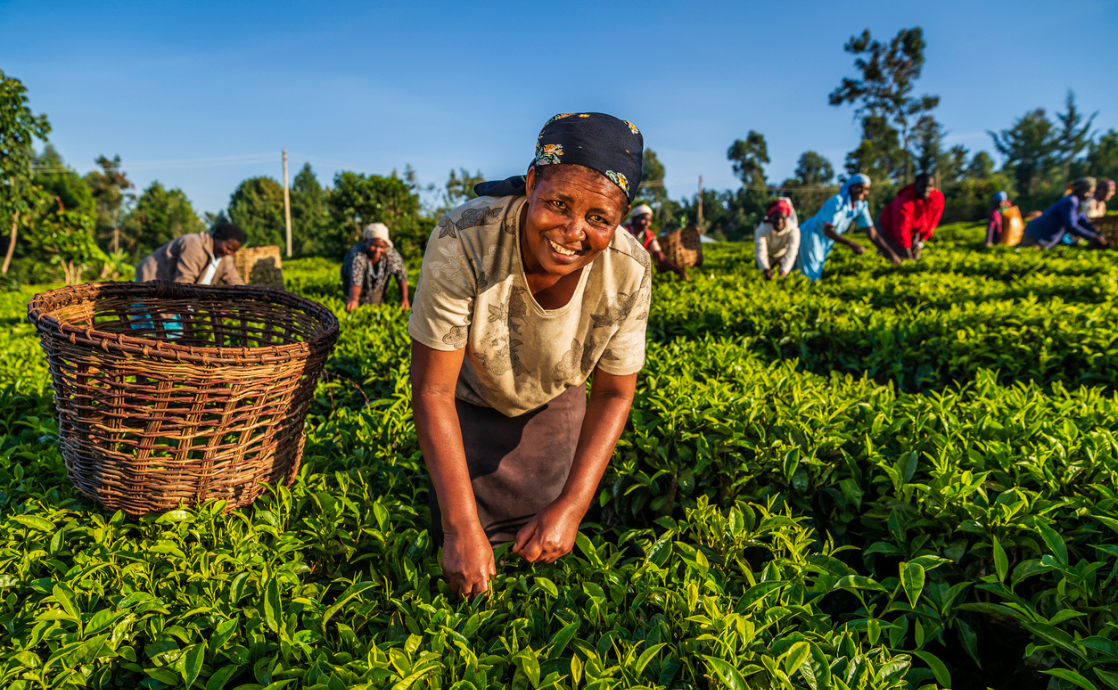The Baha’i Faith, a dynamic and progressive religious movement, enshrines special reverence for the agricultural community, recognizing the paramount role farmers play in the sustenance of society. Within the vast tapestry of its teachings, the Baha’i writings illuminate a profound appreciation for those who toil in the fields, understanding their labor as a noble endeavor that transcends mere economic value. This article delves into the multifaceted relationship between the Baha’i Faith and agriculture, establishing a symbiotic bond characterized by spiritual, environmental, and social principles.
At the heart of Baha’i teachings is the notion that every human being is a manifestation of the divine. This notion extends to farmers, whose labor is not solely a physical undertaking but a spiritual vocation. The agricultural realm is likened to a temple, where the cultivation of crops transforms mere soil into a sacred space. In this light, farmers are viewed as stewards of creation, entrusted with the divine responsibility of nurturing the earth. This metaphor encapsulates the essence of their work—an act of worship, a way to connect with the Creator through the cultivation of life itself.
The Baha’i Faith emphasizes the interconnectedness of humanity and nature, an idea that is particularly salient in its teachings regarding agriculture. The metaphor of the garden serves as a powerful illustration of this relationship. Just as a garden flourishes when it is well-tended, so too does society thrive when its agricultural foundation is strong. Farmers, therefore, are not only producers of food but also custodians of ecological balance. Their role in preserving biodiversity and maintaining sustainable practices resonates with Baha’i principles that advocate for the health of the planet and the well-being of its inhabitants.
Furthermore, the emphasis on agriculture reflects the Baha’i belief in the importance of economic justice and equitable distribution of resources. In a world often marred by economic disparity, the Baha’i Faith calls for systems that support farmers, ensuring that they receive fair compensation for their labor and that agricultural communities are empowered. This focus on equity extends to the promotion of cooperative farming models, enabling farmers to band together, share resources, and create a sense of community. The Baha’i teachings on economic justice align harmoniously with the necessity of sustainable agricultural practices, advocating for an economy that uplifts rather than diminishes.
In this agricultural paradigm, education plays a pivotal role. The Baha’i Faith advocates for the empowerment of farmers through education and knowledge sharing. By providing access to information regarding sustainable farming techniques, crop rotation, and organic practices, the teachings foster a culture of innovation and resilience. Educational initiatives can transform farming communities into hubs of ingenuity, where traditional practices intersect with modern scientific understanding. This quest for knowledge not only enhances productivity but also amplifies farmers’ agency, allowing them to make informed choices about their livelihoods.
The social dimensions of farming underscore its importance in cultivating community cohesion and collaboration. In many cultures, agriculture is a collective endeavor, uniting individuals around shared goals and aspirations. The Baha’i emphasis on unity and the elimination of prejudice finds expression in the agricultural sphere, where farmers from diverse backgrounds can come together, fostering friendships and alliances. The act of farming transcends individualism, reinforcing the Baha’i principle that the progress of humanity is contingent upon collective effort. This interconnectedness extends beyond the communities themselves, highlighting the interdependence of urban and rural areas; as cities thrive on the bounty of the fields, farmers are essential to the urban populace’s sustenance.
The Baha’i Faith further underscores the significance of environmental stewardship, urging each individual to engage with the earth mindfully. Farmers are seen as frontline defenders of the environment, and their practices can serve as models for sustainability. By cultivating crops using organic methods, minimizing chemical inputs, and employing traditional techniques that honor the land, farmers embody the Baha’i commitment to the protection of natural resources. This advocacy for ecological responsibility bridges spiritual beliefs with tangible actions, creating a pathway to a more sustainable future.
As the world grapples with pressing issues such as climate change and food insecurity, the lessons embedded in the Baha’i approach to farming offer indispensable insights. The Faith’s teachings advocate for a shift towards regenerative agriculture—an approach that seeks not only to sustain, but to enhance the natural ecosystem. By embracing principles that align with the rhythms of nature, farmers practicing Baha’i ideals can contribute to the restoration of the land, challenging the pervasive narratives of depletion and degradation.
In conclusion, the Baha’i Faith’s special attention to farmers elucidates a broader understanding of the intrinsic value of agriculture in creating a harmonious, just, and sustainable world. Through metaphors of sacredness, interconnectedness, and community, the teachings invite humanity to honor the labor of farmers, recognizing their pivotal role in both spiritual and physical realms. By intertwining economic, environmental, and educational principles, the Baha’i Faith illuminates a path for future generations—one where agriculture is celebrated not just as a means of production, but as a cornerstone of a flourishing society.
